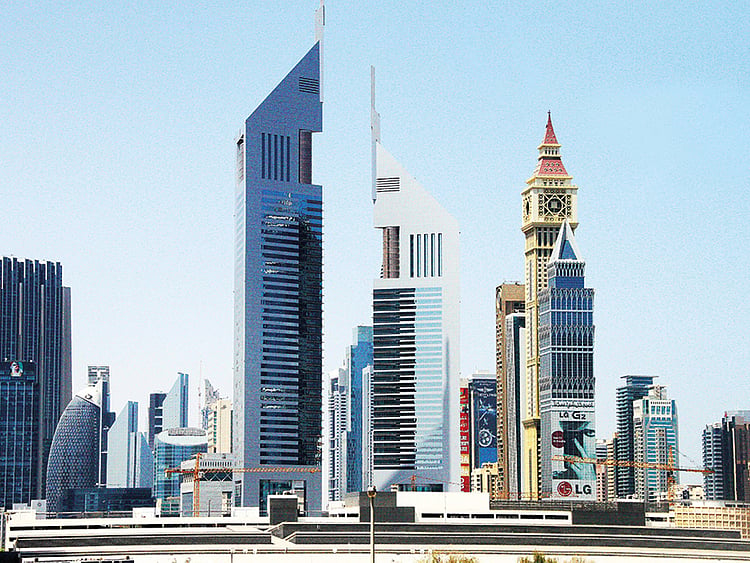UAE’s private sector maintains steady expansion in third quarter
The business optimism surges on projects related to Expo 2020

Dubai: The Emirates NBD Purchasing Managers’ Index (PMI) for the UAE remained above 55 in September, the third month in a row signalling a steady expansion in the non-oil private sector in the third quarter of 2018.
“The headline UAE PMI stood at 55.3 in September, the third month in a row with a reading at the 55-handle. Year to date, the PMI averaged 55.7, similar to the same period last year,” said Khatija Haque, Head of MENA Research at Emirates NBD.
Although output and new work rose sharply in September, supported by growth in export orders, employment remained below the neutral 50-level for the second consecutive month. The majority of firms reported no change in staffing in September but nearly 2 per cent of firms indicated a decline in jobs last month. Staff costs (a proxy for wages) were also largely unchanged last month.
“Stocks of pre-production inventories were slightly higher in September after declining in August. Over the last four months, inventory levels have been unchanged on average, suggesting that firms are either much better at managing their stocks or they are reluctant to build up inventory; ie indicating softer expected demand in the coming months,” said Haque.
The business optimism component of the survey showed that majority of firms surveyed (62 per cent) expect output to be higher in a year’s time, fewer than in the August survey. Projects related to Expo 2020, successful new product launches and planned business expansions underpinned optimism towards future growth prospects.
Input costs were slightly higher in September (51.2), but the rate of producer inflation slowed markedly since January when VAT pushed the index up to 57.4. Selling prices were unchanged in September after declining on average for the previous four months. Backlogs of work rose again in September — unsurprising given strong output and new work growth with no increase in employment — but at the slowest pace since May.
“The PMI survey data so far this year suggests to us that the non-oil sector in the UAE is growing at a similar pace to last year, when official statistics showed non-oil GDP growth of 2.5 per cent. Oil production has increased since June and this is likely to support faster non-oil growth in the fourth quarter,” Haque said.
The PMI report expects the impact of additional Dh50 billion fiscal stimulus announced by Abu Dhabi to be visible only from 2019 as it is likely to be disbursed from next year, over the next three years.
Sign up for the Daily Briefing
Get the latest news and updates straight to your inbox
Network Links
GN StoreDownload our app
© Al Nisr Publishing LLC 2026. All rights reserved.